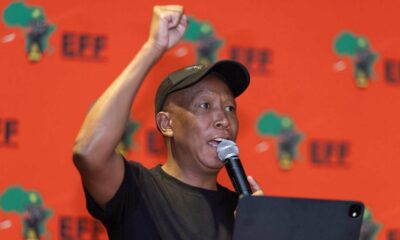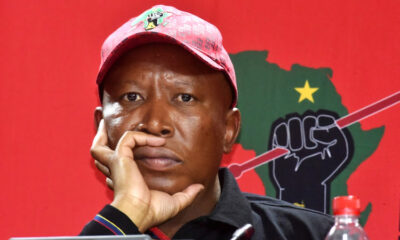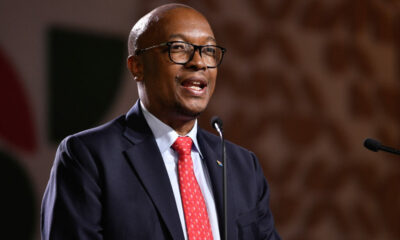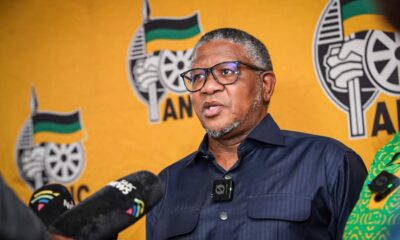Business
Elon Musk, Starlink, and South Africa’s BEE Storm: A Nation at a Crossroads
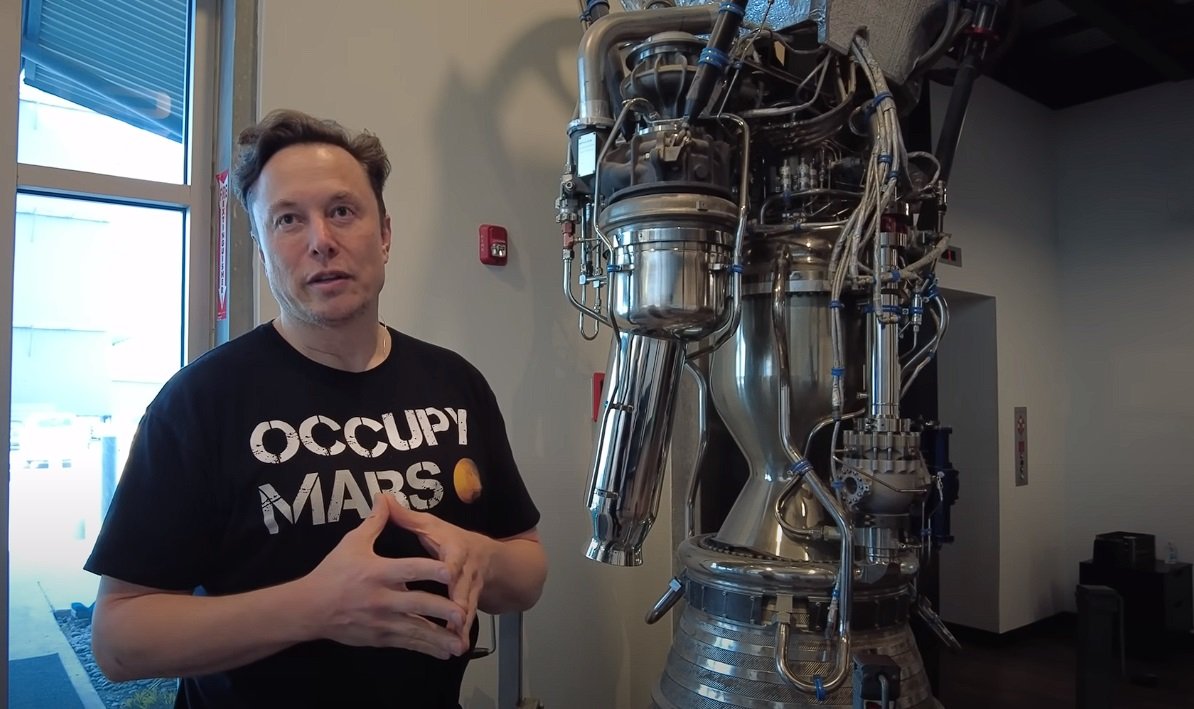
What happens when the world’s richest man runs into South Africa’s most sacred economic policy?
That’s the question on everyone’s lips as the South African government finds itself at the center of a political storm. At the heart of the controversy: a proposed change to Black Economic Empowerment (BEE) laws that could open the door for Elon Musk’s Starlink to operate locally — without meeting the standard 30% Black ownership requirement.
The timing couldn’t be more volatile. With economic pressure mounting, a fragmented Parliament, and citizens still reeling from high unemployment and worsening inequality, the proposed policy tweak has become more than just a business regulation. It’s now a symbol of how South Africa defines justice, power, and progress.
The Proposed Bypass: Empowerment or Loophole?
Communications Minister Solly Malatsi recently announced a proposal to allow telecom firms like Starlink to sidestep traditional Black ownership requirements by using something called “equity equivalence.” That means instead of handing over shares, companies could invest in job creation, partner with local businesses, or support entrepreneurship programs.
On paper, this seems like a modern compromise — a way to bring in innovation while still honoring empowerment goals. But critics say it’s a red flag.
Opposition party Build One South Africa (BOSA) wasn’t subtle in its reaction. Calling the move a “backdoor deal,” deputy leader Nobuntu Hlazo-Webster warned it sets a dangerous precedent.
“The message being sent is that if you’re a powerful foreign billionaire, you can sidestep South Africa’s laws, while local businesses are forced to jump through hoops,” said BOSA’s Roger Solomons.
Musk’s “Not Black” Comment: Fuel to the Fire
Tensions escalated when Musk publicly remarked that he couldn’t bring Starlink to South Africa because he’s “not Black.” That statement has echoed through newsrooms and political offices alike, stoking resentment and raising questions about whether the government is being swayed by Musk’s influence.
The Economic Freedom Fighters (EFF) took an even harder stance. Leader Julius Malema declared flatly: “We will not be dictated to by business.” He made it clear that the party would fight any Starlink-friendly exemptions in Parliament.
The frustration isn’t limited to opposition parties. Critics across the board argue that South Africa should not bend its foundational laws to suit foreign interests, no matter how innovative or influential.
Defending the Policy Shift
Not everyone sees this move as surrendering to corporate power.
Supporters argue that equity equivalence is not a sellout but a strategic evolution. They say South Africa needs to attract cutting-edge tech and global capital — and that rigid ownership rules might be scaring off investment.
The African National Congress (ANC), long the architect of BEE, insists the framework remains essential. Meanwhile, the Democratic Alliance (DA), which is currently suing the government over BEE, warned that these changes could send the wrong signal.
DA MP James Lorimer minced no words: “These ownership demands will crush what little appetite remains for investment in South African mining,” he said. “The bill doubles down on failed transformation policies at a time when our economy needs growth.”
Caught Between Progress and Principle
For President Cyril Ramaphosa, the debate hits close to home. He’s long defended BEE as vital to correcting apartheid’s legacy, recently saying: “It is the partial and exclusive ownership of the means of production in our country that is holding this economy from growing.”
And yet, his government — freshly bruised from its worst-ever election result — is now navigating a precarious 10-party coalition. It’s the first time since 1994 that the ANC has been forced to share real power.
In this new political reality, every policy decision is a negotiation. The Starlink debate is no exception.
What’s at Stake?
South Africa stands at a critical juncture. Does it hold the line on empowerment, even if it risks missing out on tech opportunities like low-cost satellite internet in rural areas? Or does it modernize and bend a little, hoping to create new economic pathways?
This isn’t just about Elon Musk or Starlink. It’s about who the laws serve. It’s about what South Africa wants to become — and who gets a seat at the table in shaping that future.
As Parliament debates the bill in the coming weeks, the nation watches closely. Some see opportunity. Others see betrayal.
One thing is clear: South Africa is rewriting not just policy, but its story.
A Call to Conscious Policy
No matter where you stand on the BEE debate, one thing is certain — South Africa must tread carefully. Empowerment shouldn’t mean exclusion, but progress shouldn’t come at the cost of principle.
The challenge is to find a path where innovation and inclusion walk hand in hand. That means crafting laws that are smart, fair, and future-facing — not ones that favor billionaires or sideline local enterprise.
{Source: MSN}
Follow Joburg ETC on Facebook, Twitter , TikTok and Instagram
For more News in Johannesburg, visit joburgetc.com



